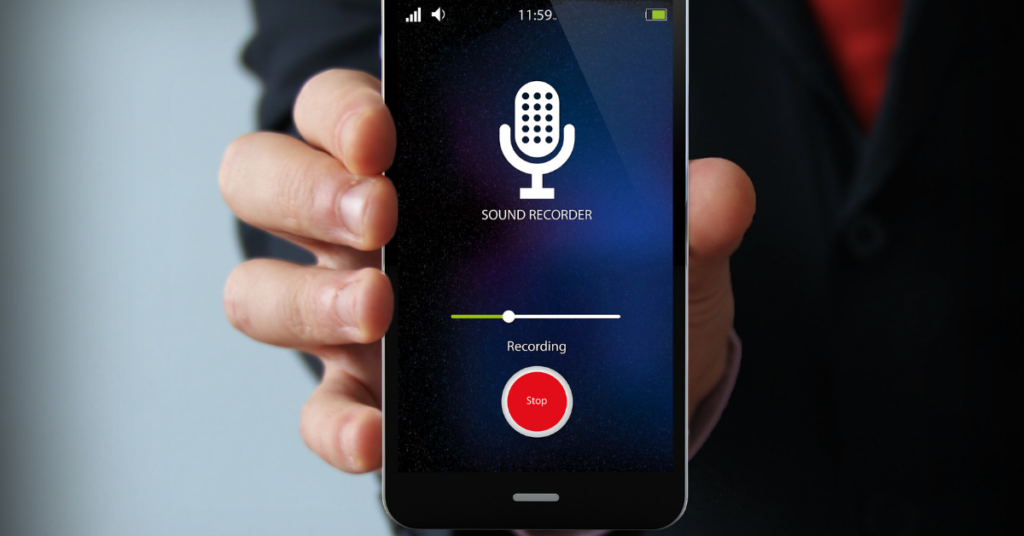

Yes, you can. Under New York law, as long as one of the parties to the conversation knows that the conversation is being recorded and consents to it, secret recordings are legal even if that one party is the person recording the conversation.

You have to be careful though. You have to make sure that there is no written policy at your job that forbids secretly recording conversations of any other employees. Violation of that policy by itself could get you fired.
My lawyer is a jerk and keeps changing his advice. Can I record my attorney? I mean, you know: attorney-client confidentiality.
Yes. You can record your lawyer in NY. The same rule applies.
Can your lawyer tape you? President Trump tweeted upon learning his former counsel Michael Cohen had taped a 2016 conversation between the two of them, “What kind of a lawyer would tape a client?”
It was legal for Michael Cohen to secretly record Donald Trump without his consent or knowledge because the conversation took place in New York City and was therefore in compliance with New York law.

So Cohen wiretapping Trump is not illegal for three reasons:
Under 18 U.S.C. § 2511, the “one-party consent” law, it is legal to record a phone call or conversation as long as at least one party participating in the conversation is aware it is being recorded. Therefore, under federal law, it is legal for an attorney to record a conversation that they are participating in, regardless of whether they have made the other parties involved in the conversation aware of the recording.
“Except in special situations it is improper for a lawyer engaged in private practice to record electronically a conversation with another attorney or any other person without first advising the other party. We said that even if secret electronic recording of a conversation with one party’s consent is not illegal, it offends the traditional standards of fairness and candor that should characterize the practice of law.”
New York State Bar Association, Committee on Professional Ethics, Opinion 515 (1979):
What if I am in NY but want to tape someone in California?
This is a bad idea. If you do business in CA you will end up in a law suit there or worse, in a criminal prosecution. So if you intend to record conversations involving people located in more than one state, you should play it safe and get the consent of all parties.
Can a tape of a conversation from jail be used against the criminal defendant? No one to the conversation gave consent.
After his July 2012 arrest, E. Diaz spent eight months in the Rikers Island Correctional Facility before his family was able to post bail. By the time he went to trial, however, Diaz learned that prosecutors had gathered some new evidence: a series of incriminating statements Diaz made during four phone calls to his father from Rikers.
In one of the calls, Diaz insisted that his face was “covered up” during the home invasion.
“I didn’t beat no one up,” Diaz also said. “There was no fucking weapon.”
Though Diaz claimed that the release of these recorded calls violated his Fourth Amendment rights, the trial court disagreed, and Diaz was convicted and sentenced.
The Court of Appeals rejected the argument that the tapes could not be used because no one consented. The court said that Diaz gave implied consent.
For each of the the 1,100 phone calls Diaz made from prison, the mere act of picking up the phone triggered a recording, in Spanish and in English, informing him that his call may be monitored and recorded.

Such warnings are repeated on signs in the telephone area, as well as in an inmate handbook.
So people have to understand that conversations on the phone with inmates are being recorded, and the statements will be used against them.